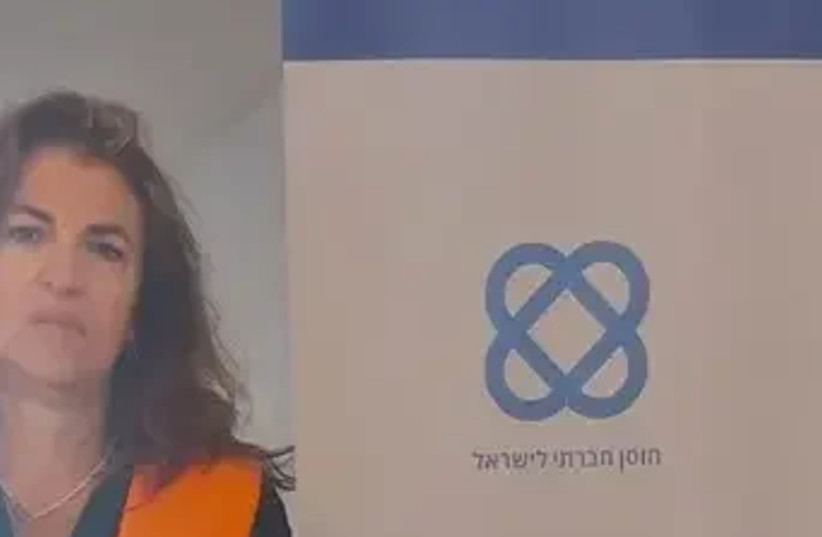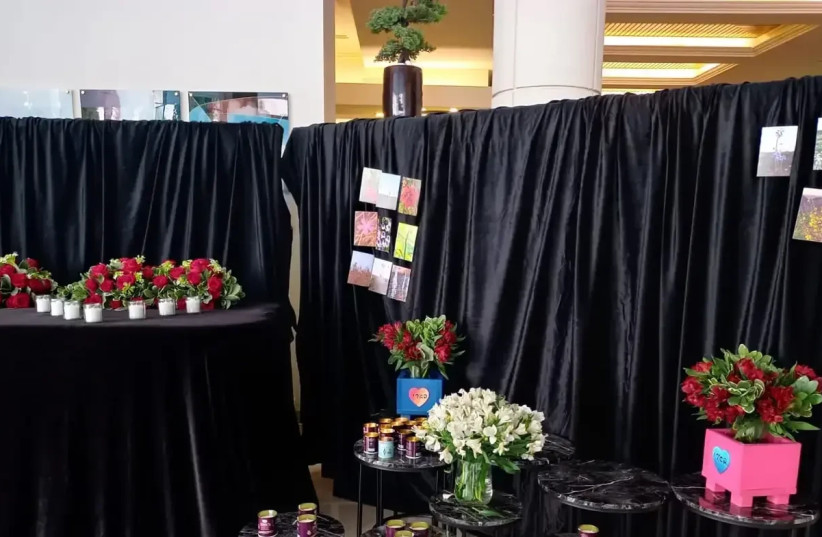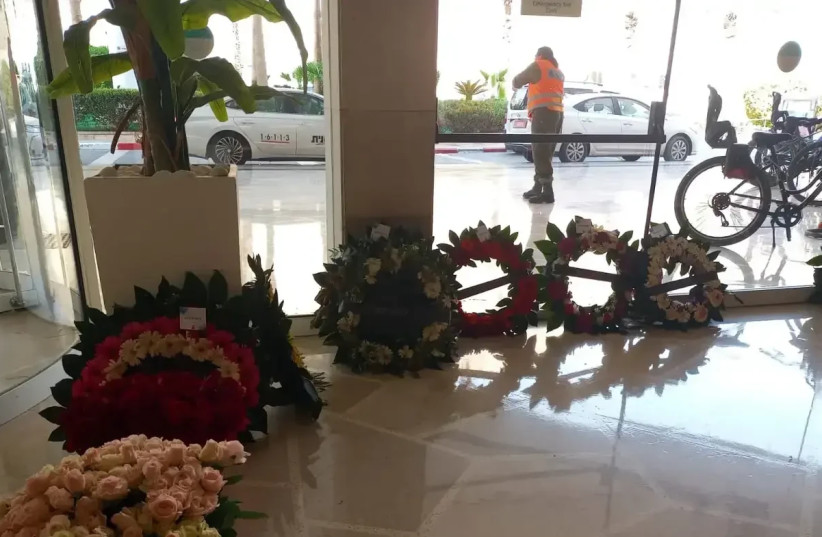For the past two weeks, Arad resident Sandra Peltz has been spending her time in the Dead Sea region. The members of Kibbutz Be’eri who survived the massacre carried out by Hamas terrorists on October 7 have been relocated to hotels in Ein Bokek. She is the one who has been tasked to inform them when a new body is identified.
It took some time for her to gain the trust of the close-knit community, Peltz said.
"One kibbutz girl told me, 'Take off your vest and then talk to us. The state has neglected us, and we do not want to engage with any of you'," she recalled.
In the initial days, the kibbutz members compiled their own list, identifying those injured or presumed murdered.

Over time, Peltz established a relationship of trust with the community and they agreed to work with her.
The social worker emphasizes the importance of certainty before confirming a death, even if kibbutz residents claim to have witnessed a murder. As she walks the hotel corridors, people avert their gaze, anticipating the difficult news she may bring.
The funerals of kibbutz members began last week, as the bodies were recovered.
Families continue to grapple with the mystery surrounding the disappearance of loved ones.

In several cases, although some residents claim to have seen people dying, no bodies have been found to confirm these testimonies.
"I have experienced many challenging moments here, but I try to keep myself busy," said Peltz, whose daughter serves as a soldier at the Zikim base.
Dreading receiving bad news herself, the social worker spends as much time as possible outside her room.
The trauma of children
Peltz said that one of the most difficult aspects of her job is interacting with children.
She recalled working with a child whose parents and many relatives are missing.

She recalled working with a child whose parents and many relatives are missing.
Given permission by the grandparents to obtain a DNA sample from the child, Peltz had to step in when the child expressed fear of the uniformed policeman.
Removing her vest and name tag, she conducted the sampling herself while both she and the child shed tears.
Peltz collaborates closely with the kibbutz leadership, but sometimes, she has needed to guide them as well.
A family of five had only one body identified, and the kibbutz requested that the social worker wait until all family members were confirmed dead before delivering the news altogether.
However, she urged them to notify the family without delay, as the information might otherwise come from a different source.
In another instance, a family inadvertently received the news through a friend instead of Peltz. The woman requested an official call from her, stating that until she heard the news from Peltz, she would not believe it.
“One never gets accustomed to delivering such information, even if they have already done it dozens of times,” Peltz stated.
The Jerusalem Post and OneFamily are working together to help support the victims of the Hamas massacre and the soldiers of Israel who have been drafted to ensure that it never happens again.
